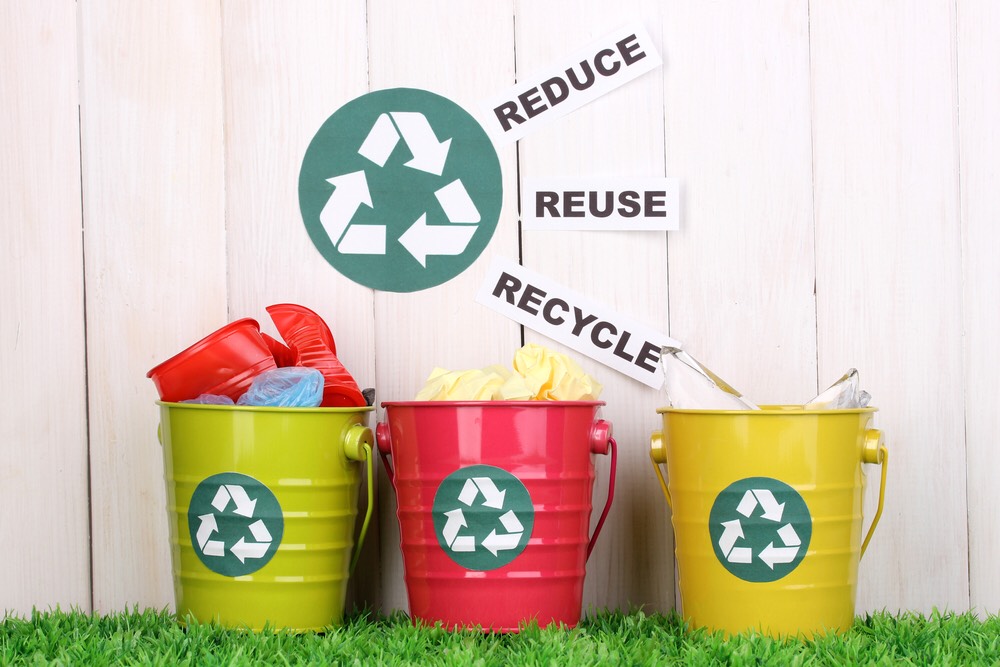ASTANA – Kazakhstan will be employing sustainable waste management to reduce environmental pollution and increase the volume of recycling to 40 percent by 2030 and 50 percent by 2050, said Kazakh Minister of Energy Kanat Bozumbayev at an Oct. 2 cabinet meeting.
Every year, more than five million tonnes of solid waste go to landfills throughout the country. Since the beginning of the year, Kazakhs have generated 3.2 million tonnes of municipal solid waste. Approximately 330,000 tonnes, or 10.5 percent, was recycled and disposed, a twofold increase compared to 2016.
To improve the share of municipal solid waste recycling, the ministry has introduced separate waste collection and stimulated recycling through public-private partnerships. The regulatory framework was adopted to enhance the country’s waste management.
The ministry introduced amendments to the waste management environmental code and extended producer responsibility (EPR) approach. Since 2016, the law has prohibited disposing mercury-containing lamps, scrap metal, waste oils and liquids, batteries and electronic waste into landfills. A similar law will come into effect in 2019 banning plastic, paper, cardboard and glass burying. On Jan. 1, 2021, the ban on burying construction and food waste will come into force.
According to the ministry, more than 130 enterprises in the country sort and process waste, producing more than 20 types of recycled products.
The Astana akimat (administration) together with the EPR implementation office launched a pilot project this year to separate solid waste and food waste collecting, processing and recycling. The accumulated experience will then be transferred to other regions of the country.
Since 2017, the EPR approach has financed collecting and recycling plastic, polyethylene, cardboard, paper, glass and metal.
“In 2018, the ministry allocated 3.2 billion tenge (US$8.7 million) to the EPR implementation office, 30-40 percent to the purchase and installation of containers, recycling points and garbage trucks and the remaining 60-70 percent for collection, transportation and recycling. Not all regions use this financial opportunity and akimats need to strengthen cooperation with the EPR implementation office,” said Bozumbayev.
He urged regional administrations to assist businesses in resolving issues regarding land lot registration for waste containers and recycling points.


